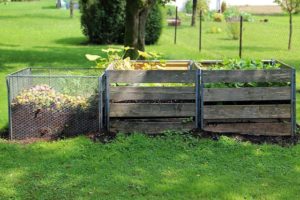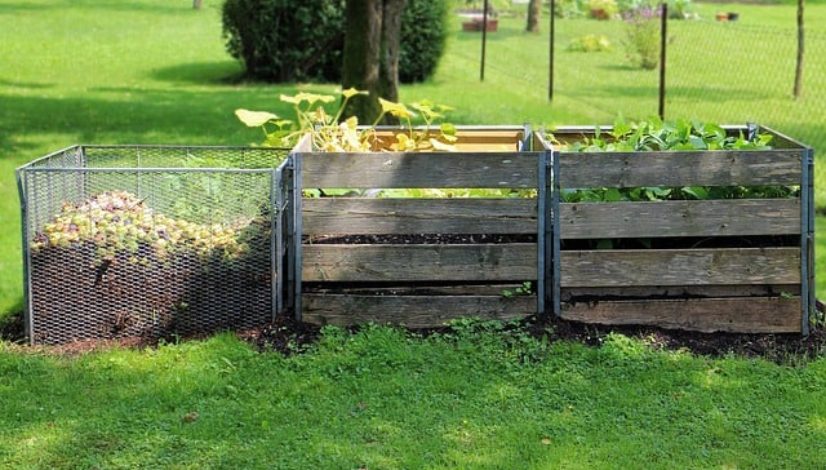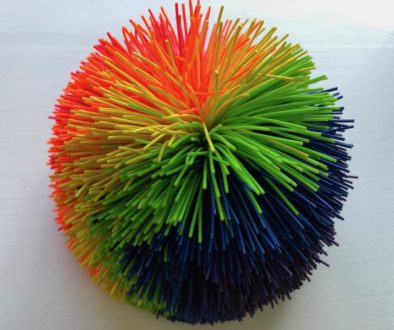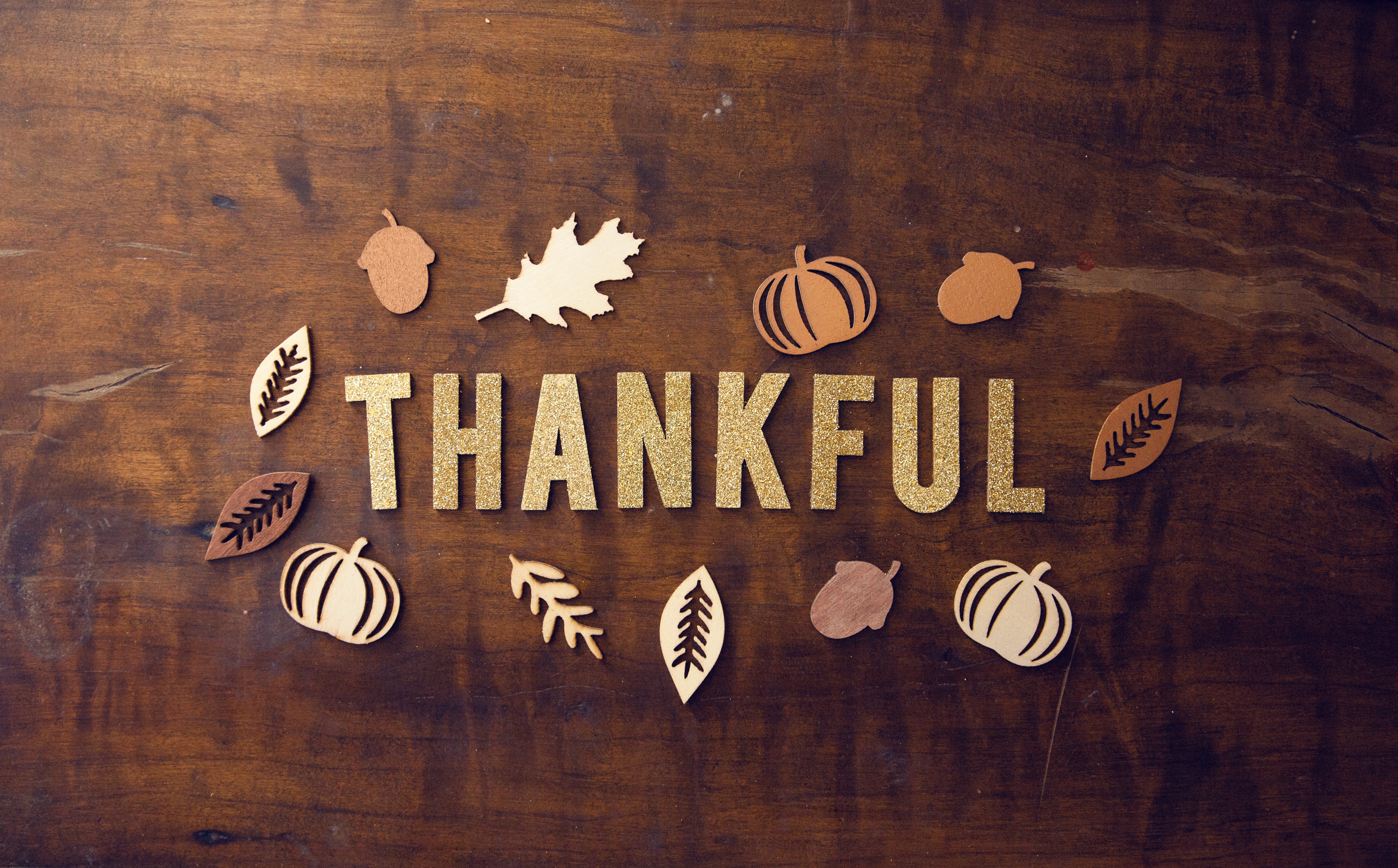Stress is just a part of life. However, whether it be distress or eustress (the good stuff), our nervous systems can get overloaded by too much of…anything (with eustress, think big birthday party for a 3-year-old)!
 As empaths and highly sensitive people, we are also highly susceptible to becoming “infected” by the stress we sense in others: I feel your stress—oh, $#!+, now I have it!
As empaths and highly sensitive people, we are also highly susceptible to becoming “infected” by the stress we sense in others: I feel your stress—oh, $#!+, now I have it!
While a small dose of stress can spur us into action (Yikes, only 20 minutes to get out the door!), too much stress overwhelms our ability to think…and to act!
Our lower “reptilian” brain (fight/flight/fright) and our emotional limbic area in our midbrains shut off (yep—flip that switch!) communication to our cortex, the part of our brain that controls our impulses and helps us make grown-up, wise decisions. Not good.
We could try to just eliminate stress, but if you know how to do that…well, I’m not sure you’re from Planet Earth. So, in other words, good luck on that front. So the just “toss out stress” method probably shouldn’t offer any money-back guarantee.
So, what’s a human to do? In the spirit of being sustainable for the sake of ourselves and our planet, I’ve got a better idea: COMPOSTING Stress. Let’s turn Stress into something that will grow healthy, whole, juicy, delicious lives!
Here’s how COMPOSTING works:
Compassion—Compassion can be defined as being a friend to the one who is suffering. So whether “the one” is yourself or someone else, compassion is essential for shifting from suffering to ease.
Orient—Be in the present moment through your senses. What do you see, hear, feel through your skin, feel outside and inside your body? What is in your current environment, particularly something that might indicate some level of in-the-moment safety?
Mindfulness—This means purposely being aware of the present moment, without judgment. What happens when you adopt non-judgmental curiosity about the monkey-mind in your head, the painful emotions, and any discomfort in your body?
Pendulation—Allow the distress to have time to naturally begin to shift from feeling “bad” to those first indicators of experiencing “neutral” or even “good.” Start with being truly mindful of your experience of stress. Observe what happens as your nervous system begins to metabolize the activation or shutdown that results from your experience of stress.
Opening—Be willing to allow your experience of stress to shift as your body processes the activating neurochemicals. What happens when you allow enough time for your body and mind to get to the new thoughts, ideas, and a different sense of space that will emerge from this process?
Settling—Composting takes time for rich soil to develop. As you notice yourself beginning to shift from your beginning state of stress, allow the time for your whole nervous system, your thoughts and feelings to truly settle into a state of peaceful calm from which your energy can be reclaimed. Many people get to “good enough” and then jump prematurely back in the game. Taking time to truly settle allows your nervous system to experience—and therefore begin to learn—that it truly can respond to stressors with a more self-regulated response.
Tempo—As you take time to settle from this experience, notice how the rhythm of it feels different—in your thoughts, your feelings, and your body. What was your starting tempo? How is it now?
Integrate—Once we do something in a more effective way, we need to keep practicing to remember it. Come back to how this experience feels, over and over. That is how you really learn how to compost stress.
N & G—Now: Go back out there. Stress composted, rich soil produced to grow healthy, resilient responses to life. Bloom on!
Comments:
What parts of this process have you not really tried before? What happens when you do?
P.S. Another way to compost stress is to download my FREE two guided meditations and the PDF explaining the “what” and “why.”
Then you will also get the first notification when my Build Better Boundaries course opens–a highly interactive opportunity to learn how to better immunize your system from catching others’ stress. Yeah–prevention!



